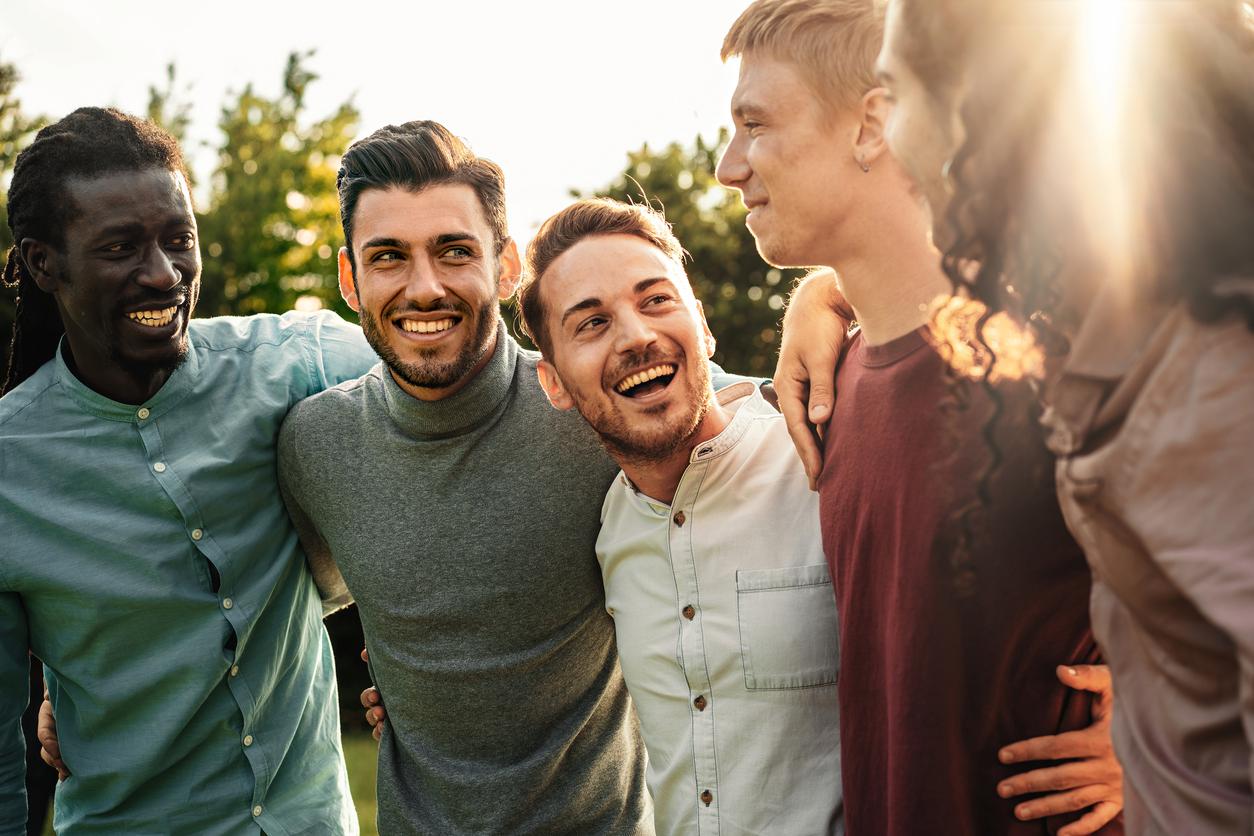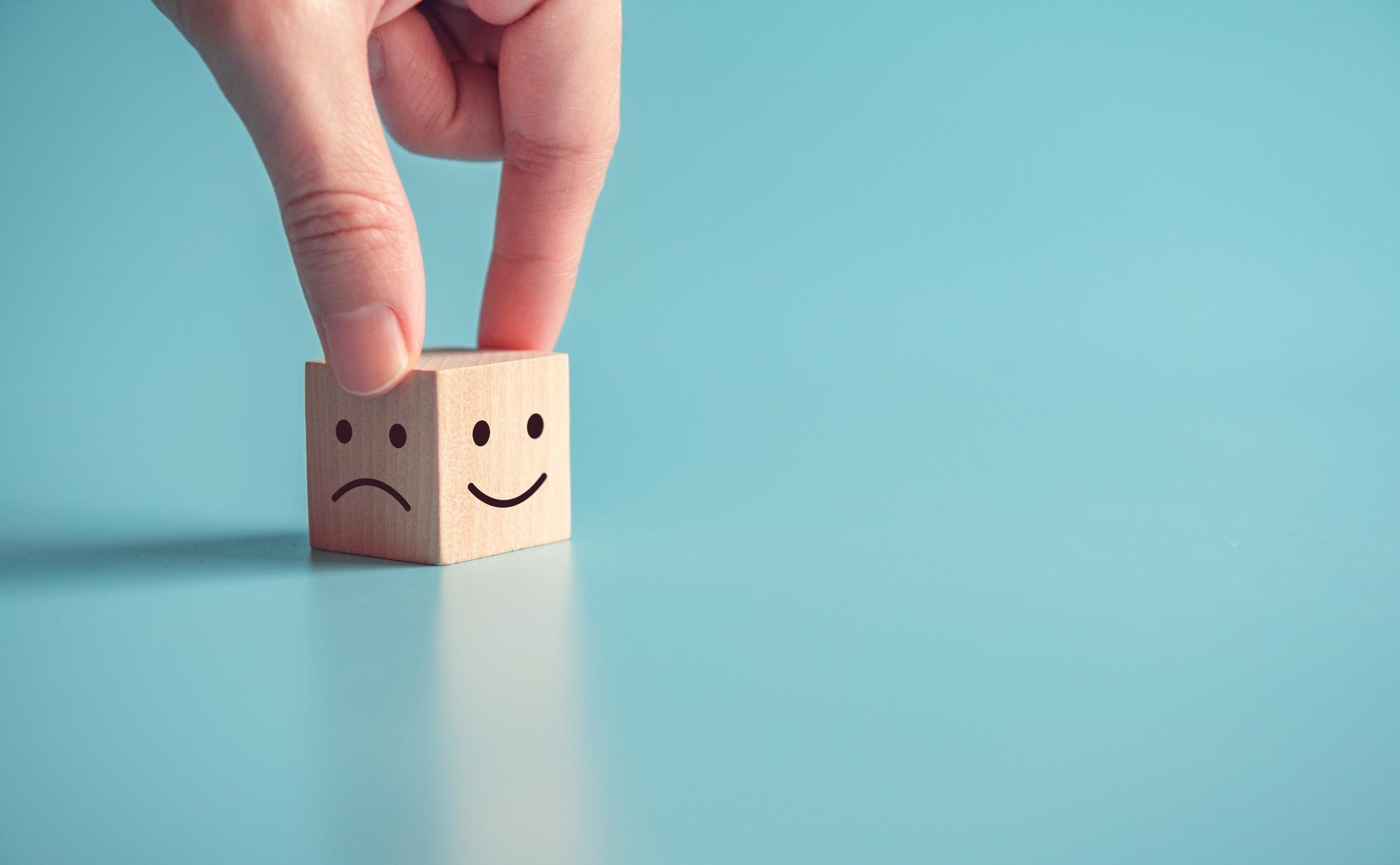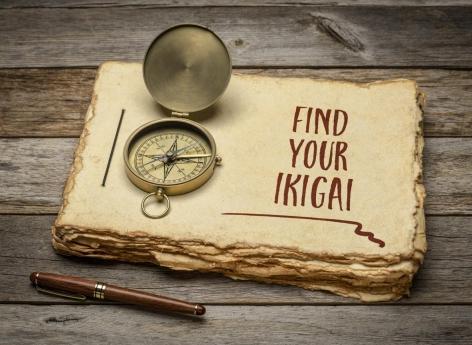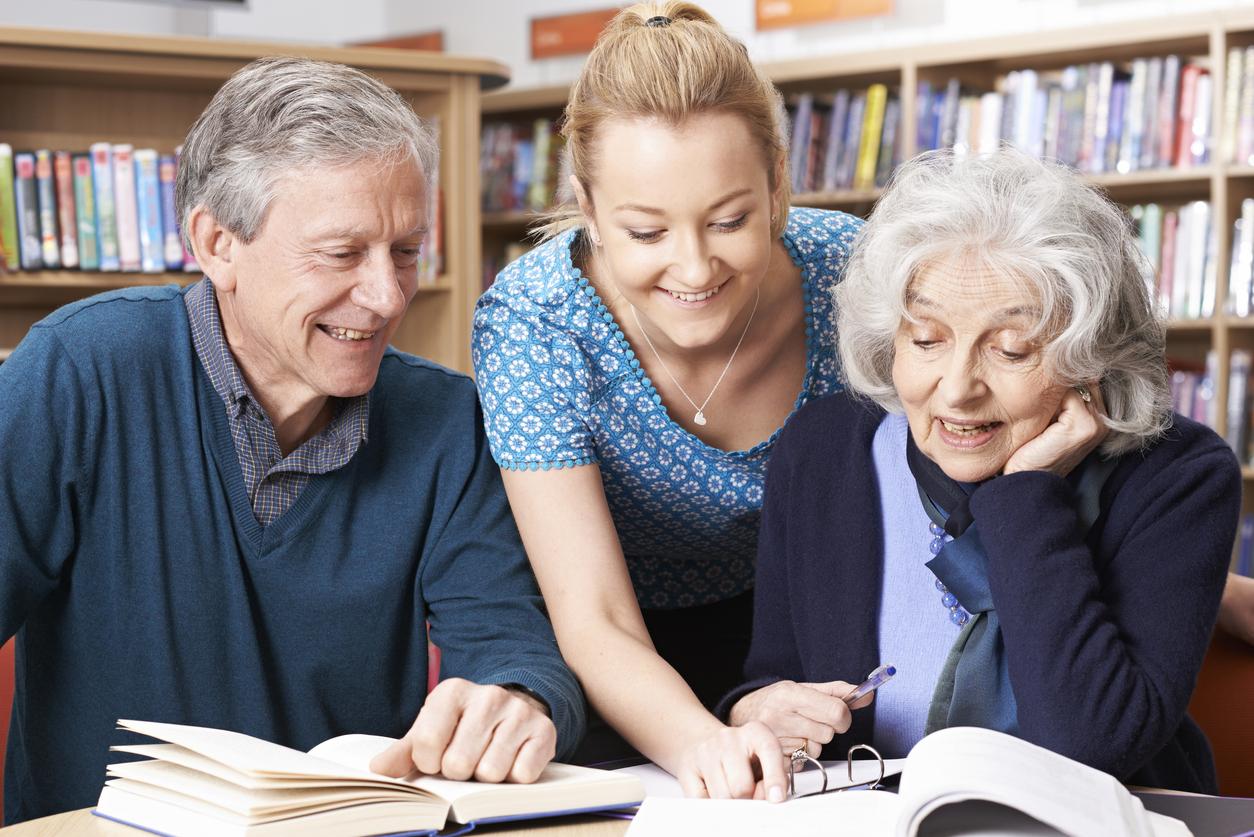The most optimistic people are not the happiest, especially because they find it harder to take bad news. This is the conclusion of an 18-year study by British researchers. The key to happiness would rather be on the side of realistic people.

- Optimistic people tend to anticipate good news, instead of having more realistic expectations, leading to more disappointment.
- According to the researchers, 80% of the population would be classified in the category of optimists devoid of any realism.
- Optimists are more vulnerable to Covid-19 because they are seized with a feeling of omnipotence leading them to respect barrier gestures less.
Seeing the glass half full does not mean more happiness. This is the conclusion of a long study, carried out over 18 years and 1,600 volunteers, by British researchers from the universities of Bath and the London School of Economics and Political Science (LSE), the results of which were published on July 6. last in review SAGE Newspaper. Participants had to regularly complete questionnaires on their personal development, take psychological tests assessing their level of stress and were tested on their standard of living and level of self-confidence.
80% of the population is too optimistic
The results of the study showed that optimistic people tend to anticipate good news, instead of having more realistic expectations, leading to more disappointment. Similar results were observed for pessimistic people. “Plans based on inaccurate beliefs lead to bad decisions and are bound to produce worse results than if one were rational and realistic, leading to a decrease in well-being, whether for optimists or pessimists. Particularly prone are decisions about employment, savings, and any choices that involve risk”, details Dr. Chris Dawson, professor at the University of Bath and lead author of the study.
The key is rather on the side of the realists, very much in the minority since researchers estimate that 80% of the population would be classified in the category of optimists devoid of any realism. “I think for many, the research that shows you don’t have to spend your time striving to think positively can be a relief. We find that being realistic about the future and making good evidence-based decisions can bring a sense of well-being, without having to immerse yourself in relentless positivity.”, advances Chris Dawson.
Optimists more vulnerable to Covid-19
The researchers also sought to observe whether a person’s optimistic, pessimistic or realistic character influences the reaction to the coronavirus pandemic. For them, optimistic people are more inclined to feel overpowered and to respect barrier gestures less. “Optimists feel less vulnerable than others to the virus. They will be less likely to take appropriate precautionary measures. On the other hand, pessimists may be tempted to never leave home or send their children to school. Neither seems to be an appropriate strategy for wellness. Realists take measured risks based on scientific understanding of disease”, sums up Professor David de Meza, co-author of and researcher at the LSE.
.

















